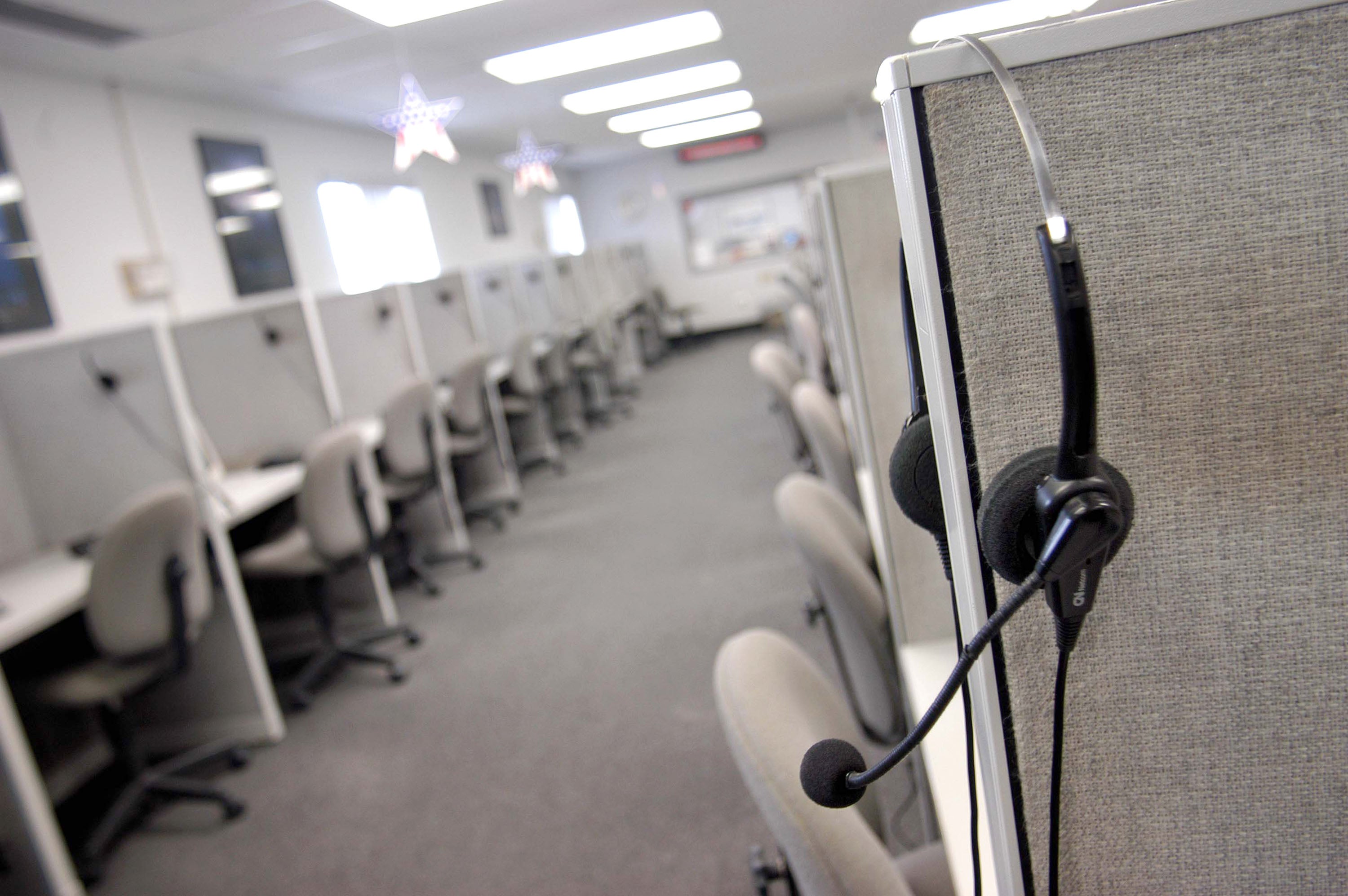Child abuse images helpline sees number of calls double
People seeking help said that increased isolation, unemployment and a rise in the amount of pornography they were viewing often fulled their offending

Your support helps us to tell the story
From reproductive rights to climate change to Big Tech, The Independent is on the ground when the story is developing. Whether it's investigating the financials of Elon Musk's pro-Trump PAC or producing our latest documentary, 'The A Word', which shines a light on the American women fighting for reproductive rights, we know how important it is to parse out the facts from the messaging.
At such a critical moment in US history, we need reporters on the ground. Your donation allows us to keep sending journalists to speak to both sides of the story.
The Independent is trusted by Americans across the entire political spectrum. And unlike many other quality news outlets, we choose not to lock Americans out of our reporting and analysis with paywalls. We believe quality journalism should be available to everyone, paid for by those who can afford it.
Your support makes all the difference.The number of people contacting a helpline to stop them or another person viewing child abuse images online more than doubled last year.
A total of 165,225 people contacted Stop It Now! by phone or online with concerns about their own behaviour or that of someone close to them in 2021, up from 79,868 the previous year.
This included 2,714 users of MindGeek sites, the company that owns Pornhub, who visited the helpline website after receiving a warning about searching for sexual images of under-18s.
Those seeking help said increased isolation, unemployment and a rise in the amount of pornography they were viewing fuelled the offending.
Donald Findlater, director of the Stop It Now! helpline, said: “Mostly, the tens of thousands of people in the UK viewing sexual images of children online don’t conform to the stereotypes - they are our friends, family, neighbours and colleagues.
“Many of the people contacting our helpline started out simply looking on mainstream adult pornography sites.
“Some don’t know the law and need it spelling out. A few are struggling with a long-standing sexual interest in children and think that looking at ‘only pictures’ is a way of managing that interest.
“Everyone needs to know that looking at sexual images and videos of under-18s is illegal; that children are harmed by it; that serious consequences await those involved in it; but that our helpline and website give anonymous, and confidential, support and advice to stop and stay stopped.”
An increasing number of young men are contacting the helpline, which is run by child sexual abuse prevention charity the Lucy Faithfull Foundation.
Michael Sheath, an expert in child sexual abuse prevention for the helpline, said: “There are a lot of stereotypes when it comes to what a typical offender looks like, but the people we speak with aren’t always who you would expect.
“Often they’re everyday people, whose feelings of isolation, stress and general uncertainty, over the last year in particular, has led them down a dark path.
“We’re currently seeing a rise in the number of young men seeking help, typically following habitual pornography consumption which has, over time, led them to seek illegal content online.
“Recognising those triggers and warning signs, and reaching out for help, can mean that offending is prevented.
“It may feel hard to stop, but it is possible, and it is easier to stop with confidential help than on your own.”
In the year to March 2021, police arrested more than 9,000 people for viewing child abuse images online, and safeguarded more than 12,000 children.
The National Police Chiefs’ Council lead for child protection, Deputy Chief Constable Ian Critchley, said: “Behind each of these images is a real child who is being abused, and every view only creates more demand for these appalling offences.
“This is not a victimless crime and it is vital that anyone worried about what they are doing online comes forward and seeks help.
“The tools we use to track down those responsible are better than ever, and will continue to develop in response to new technology.
“We are committed to targeting the perpetrators of these crimes and bringing them to justice. If you think you can’t be found, you’re wrong.
“Just like the harm to victims, the consequences of offending can last a lifetime - you could lose your job, your family, and will be imprisoned and registered as a sex offender.
“Anyone worried about their own or a loved one’s online behaviour should seek support from the Stop It Now! helpline. You can stop your behaviour before it’s too late - or we will do our utmost to stop you.”
PA